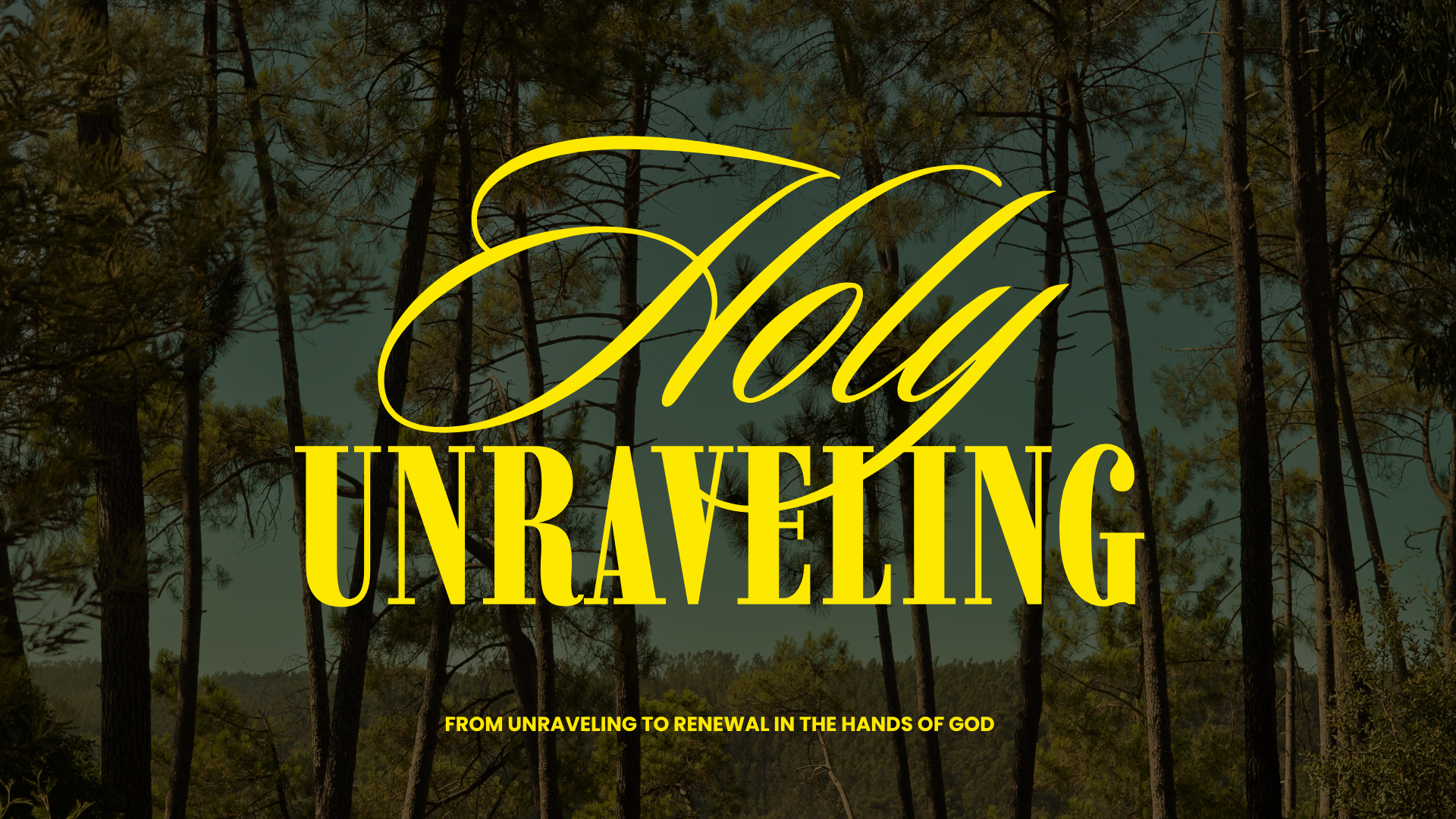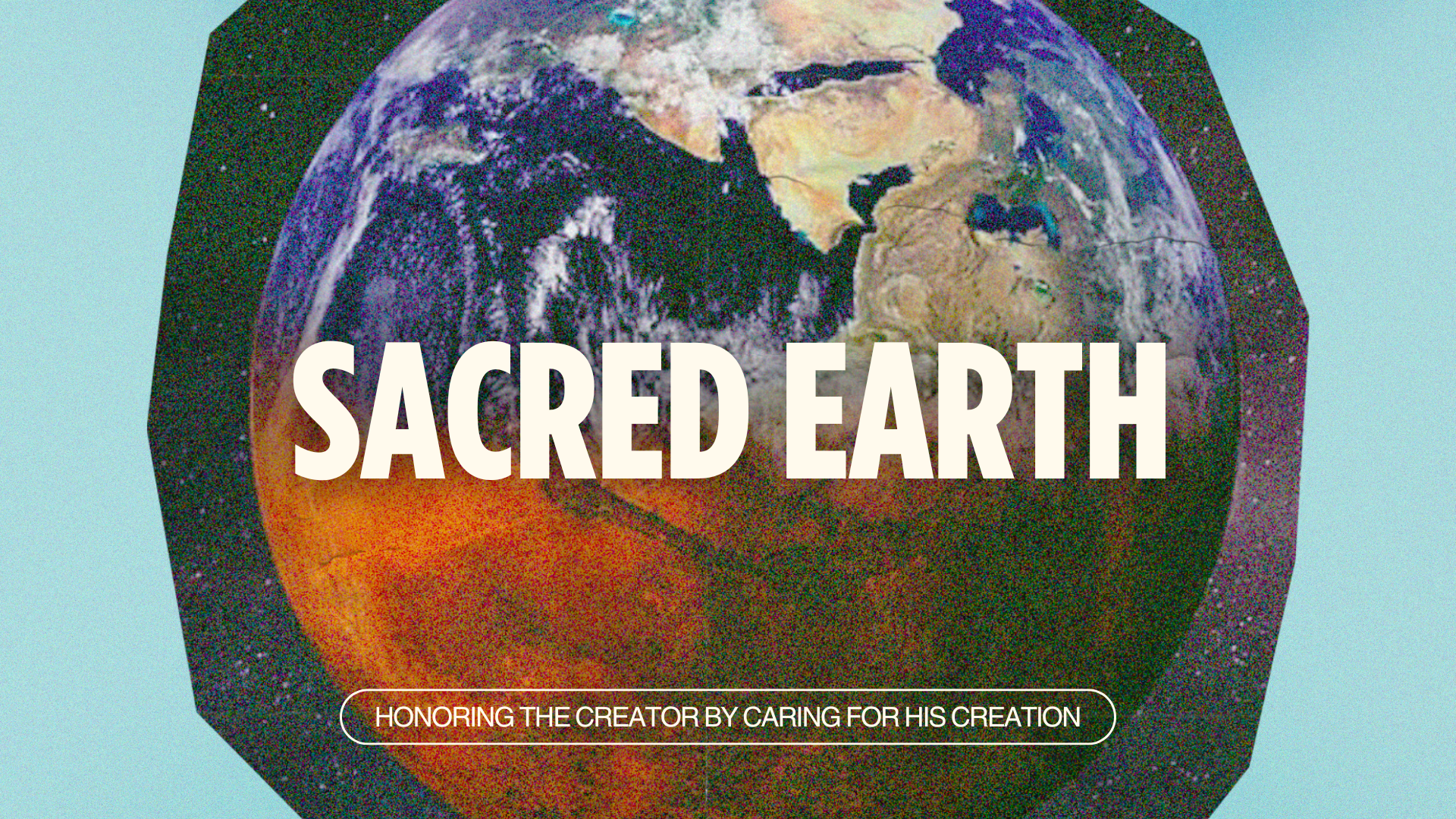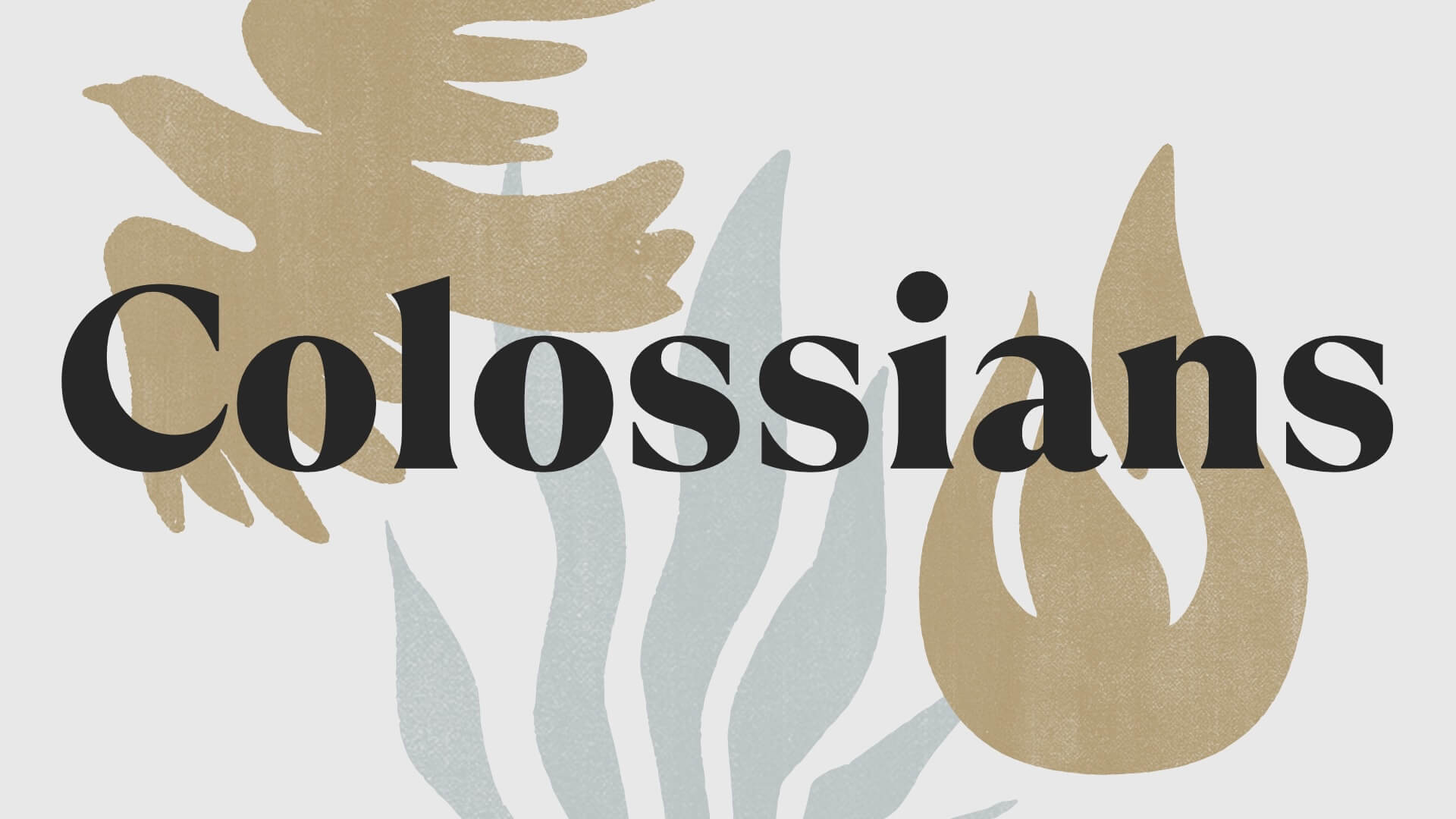Jordan Lutz
Jordan’s message, *“Beyond the Sinner’s Prayer,”* challenged the idea of faith as a one-time event or a checklist of religious duties. He questioned the formulaic version of salvation often tied to the “sinner’s prayer,” suggesting that true faith is not about pressure, coercion, or meeting a prescribed standard but about presence, relationship, and freedom. Drawing from Jesus’ example, he emphasized that evangelism should come through compassion and authenticity, not superiority or fear. Ultimately, Jordan invited listeners to live out their faith with humility—allowing love, empathy, and daily life to be the truest expression of the gospel.
November 2, 2025
Jordan’s message explored the doctrine of hell, challenging traditional evangelical views that use it as a fear-based motivator rather than a lens for God’s love. He traced the concept’s historical development—from medieval art and Dante’s *Inferno*, through Jonathan Edwards’ fire-and-brimstone preaching, to modern debates like Rob Bell’s *Love Wins*—and showed how translations and cultural influences shaped our ideas more than scripture itself. Examining biblical terms like *Sheol* and *Gehenna*, Jordan noted that early Christian writings rarely depict eternal conscious torment, and presented three main Christian perspectives: eternal conscious torment, annihilationism, and universalism. He questioned the logic and theology of a God who punishes eternally, highlighting how beliefs about hell impact parenting, leadership, and community. Ultimately, he urged the church to move from a “spirituality of fear” toward one of hope, redemption, and love.
August 10, 2025
In this final message of the Sacred Earth series, Jordan offers a powerful call to hope—rooted not in wishful thinking but in our capacity to create real change. Acknowledging that the church has often overlooked environmental responsibility, the sermon challenges that apathy and reframes stewardship as an act of faith and love for future generations. Drawing from scripture, global progress, and innovative solutions around the world—from solar energy access in Africa to animal overpasses in Oregon—the message underscores that creativity, collaboration, and compassion can lead to restoration. The hope we need, the speaker insists, is not passive but participatory: grounded in God’s promise to make all things new, and made real by the small steps we each take toward a better world.
June 1, 2025
What if the wisdom you’ve been living by… isn’t actually wise? In a world flooded with information and fast opinions, Jordan takes a sharp look at the kind of wisdom we often accept—and the kind we desperately need. He explores the pain that forges true wisdom, the quiet lessons hidden in suffering, and the difference between advice that sounds right and wisdom that leads right. This isn’t just about thinking better; it’s about living better. If you’ve ever questioned what advice to trust or what truth to stand on, this one will make you pause—and maybe pivot.
March 30, 2025
What does it mean to flourish, truly? This message begins the year by exploring the idea of spiritual roots—how they grow unseen yet define who we are and how we withstand life’s storms. Drawing from scripture and the rhythms of daily life, we’re reminded that flourishing isn’t about quick fixes or shallow resolutions but about slow, steady growth. Whether it’s deconstructing old ideas or planting new, healthier foundations, flourishing begins with asking hard questions: Where are your roots planted? Are they deep enough to endure? This year, let’s tend to the roots and embrace a life of intentional growth.
January 5, 2025
In a world full of noise, how do our words reflect our faith? Colossians 4 offers wisdom for navigating our relationships with authenticity, urging us to season our speech with salt—words that preserve, add flavor, and draw others in. This reflection invites us to consider how our behavior and words align, especially in the midst of divisive conversations or tense moments. Humorously unpacking the pitfalls of “Christianese,” it challenges us to communicate with clarity and grace, leaving behind phrases that alienate and adopting language that connects. Drawing from personal stories and timeless scripture, this message offers practical tools for making our words count. Whether around a holiday table or in everyday encounters, we’re called to walk the walk and speak in ways that embody love, patience, and truth. What would it look like if our conversations left others inspired and eager to return? Step into a life of thoughtful communication.







